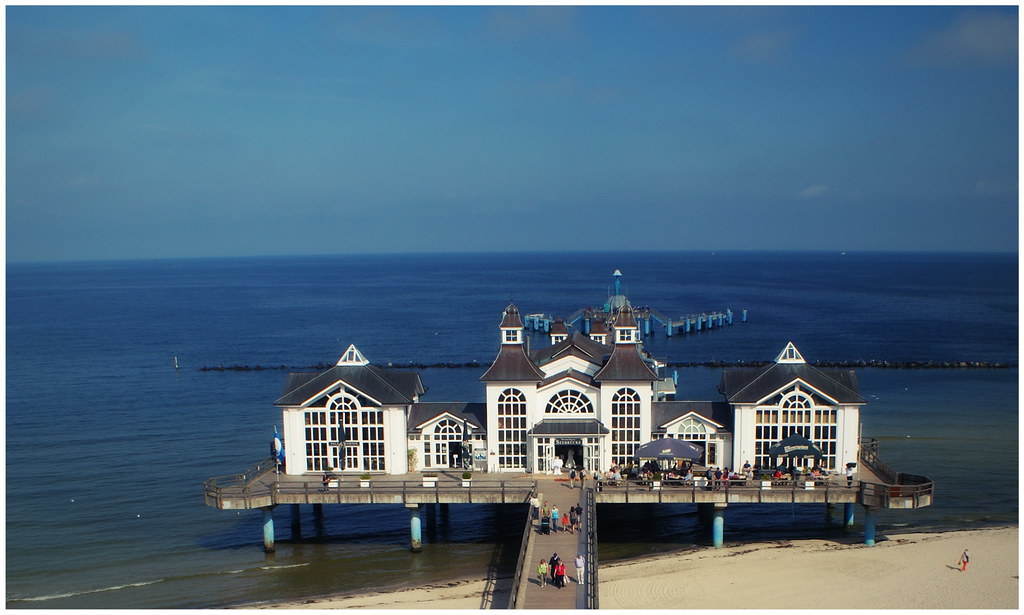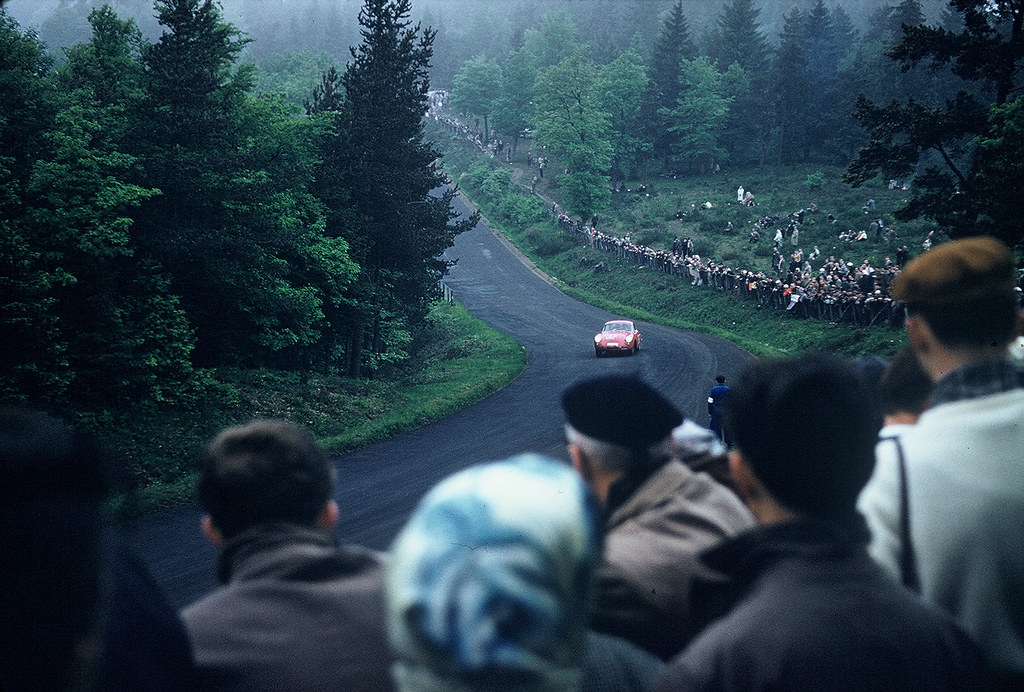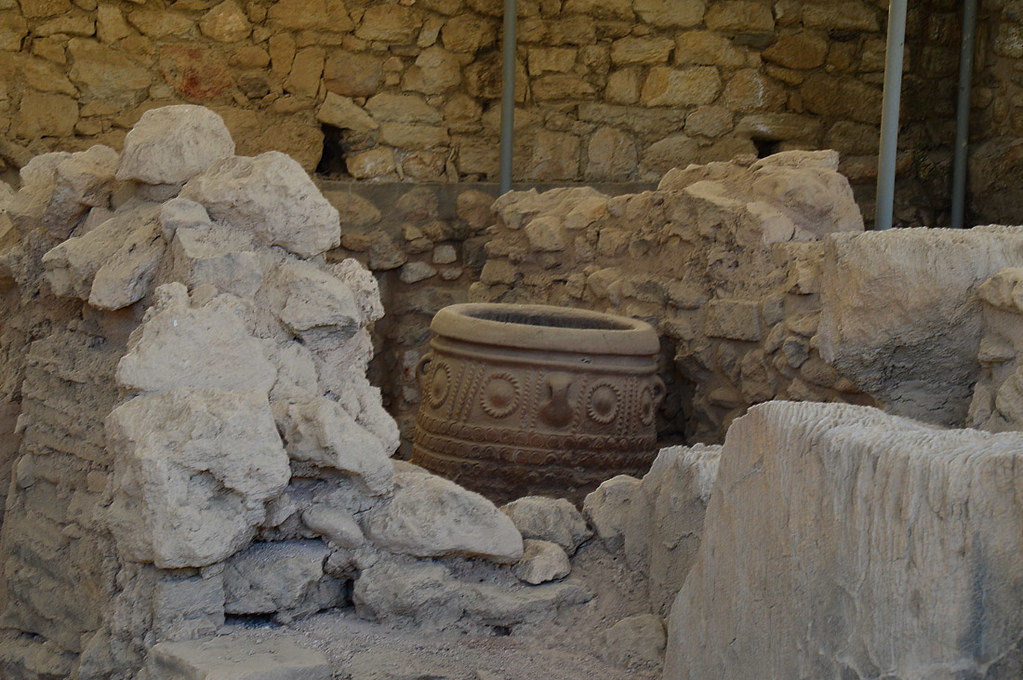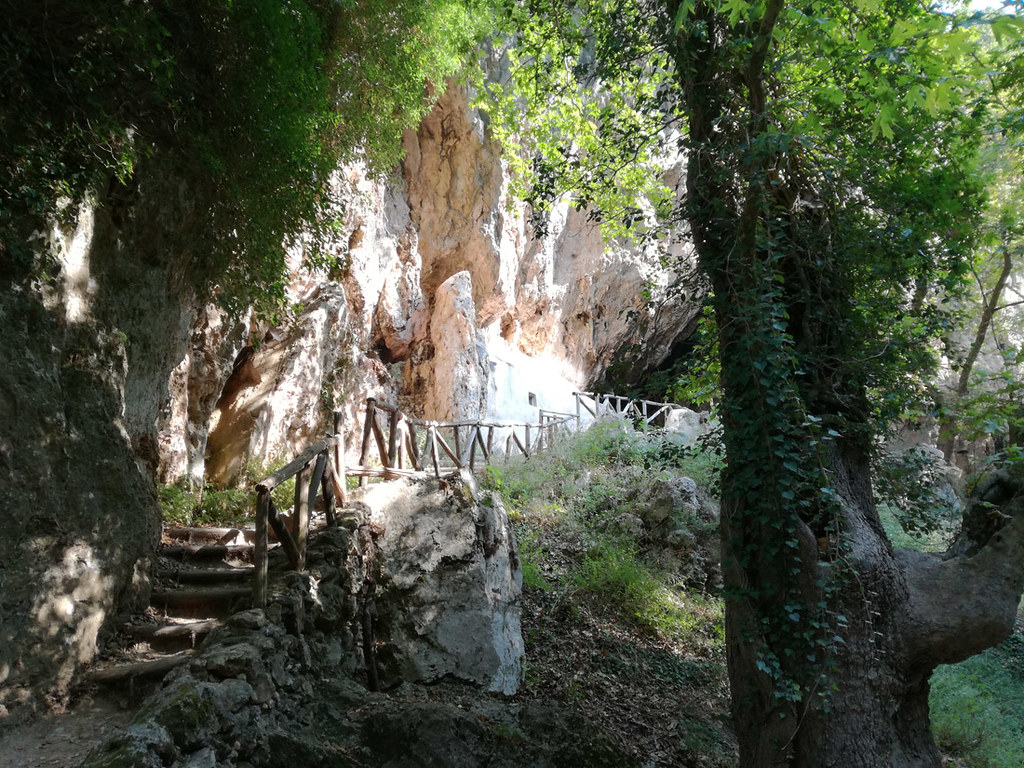How To Get More Results Out Of Your Athens To Hydra
One writer narrates his voyage to the island of Ithaca, where Odysseus was as soon as reputedly king.
I STEPPED INTO a taxi on my arrival in Athens and mentioned the name of among the city's most central five-star hotels. The chauffeur was thrown into a frenzy, and not just since he appeared to speak no English. As we zigzagged at high speed through the jampacked streets, he tapped desperately on his mobile phone and began calling good friends, none of whom were any help at all. When, finally, we pulled up at the entryway, I was welcomed by a wild-haired, gesticulating front-desk man who said, "We're so sorry, sir. We have an issue, a big issue, today. So we have made an appointment for you in our other hotel. Half a block away."

The problem, the taxi driver communicated, was that every toilet in the hotel had flooded.
In the fancy brand-new place where I wound up-- it took us 20 minutes to walk around the corner thanks to narrow, one-way streets-- I walked into an elevator to be challenged by two thickly bearded Orthodox priests completely clerical dress packed into the very same small space, mobile phones extending from their pockets as they wished me, in easy English, "Excellent night." The trouble of the little lanes I 'd just come through, the sunlit dishevelment of the structures, which seemed to be collapsing as much as rising up, the tombs in the middle of the city: I felt, quite gladly, as if I were not in Europe however in Beirut or Amman.
[Coming quickly: the T List newsletter, a weekly roundup of what T Magazine editors are noticing and longing for. Register here.]
The genuine antiquity in Greece, I thought-- and this is its enduring blessing, for a visitor-- is its every day life; on this return journey, retracing a course I 'd followed 35 years in the past, from the classical websites of the Peloponnese (ill-starred Mycenae and healing Epidaurus) all the way to Odysseus' storied home on Ithaca, I was noticing that it's exactly the sluggish, human-scaled, rather ramshackle nature of plans here that provides the country much of its human appeal. Yes, you can still see Caravaggio deals with around the Colosseum in Rome; along the ghats in Varanasi, India, you're amongst the clamor and piety of the Vedas. But in Greece, it's the lack of contemporary developments-- of high-rises and high-speed technologies-- that can make you feel as if you're strolling among the ancient thinkers and tragedians who gave us our sense of hubris and catharsis.
Forget the truth that the Klitemnistra hotel is down the street from Achilles Parking; what truly provides Greece its sense of being changeless is that the Lonely World manual offers you a remedy for the wicked eye, and a male is crossing himself furiously as he tries to double-park. The Grecian formula that keeps the location forever young-- and old, and itself-- has less to do with the monuments of kings and gods than simply with the rhythms of the day: Fishing boats are heading out prior to very first light and the shepherd's child is leading the priest's niece under the olive trees in the early morning. Black-clad women are gossiping in the shade and donkeys clop and stop over ill-paved stones in the siesta-silent, sunlit afternoon. At night, there's the clatter of pots from the tavernas and the noise of laughter under lights around the harbor.
All in a landscape where the deep blue sea surrounds you on every side, and the indigo and scarlet and orange flowerpots are brilliant with geraniums and begonias. It's not simply that you feel the existence of a rural past all over in Greece; it's that, amidst this elemental landscape of rock and cobalt sky and whitewashed church, you get out of the calendar entirely and into the world of allegory.
MY FIRST FULL day in Greece on this journey-- I have actually been going to the country for more than 50 years-- I made my way to Mycenae, the 3,300-year-old acropolis 75 miles from Athens that was the turbulent base for the House of Atreus. After five decades of reading about the massacre of Agamemnon in his tub, I was chilled: by the stubby rocks across the forbidding hillside, by the sound of the wind whipping in my ears, by the silence even amidst the crowds. The whole website is monitory and stark, and the watchtower hilltops, made for spotting intruders, go with the tholos tombs and Bronze Age antiques that encircle the red-tiled vacation homes of the Peloponnese.
Barely 30 miles away, Epidaurus is tonic light to Mycenae's shadow, a reminder of why we treasure ancient Greece as the house of harmony and knowledge. I stepped into the sunken dorm room referred to as the Abaton, inside Asclepius' sanctuary there-- the walls tell of visitors 24 centuries ago being healed by their dreams-- and couldn't withstand the alleviative spell. The amphitheater in the distance provides perfect proportions and acoustics; yellow butterflies were sweeping in between groves of trees along the so-called Sacred Method. Mycenae may be the black-and-blood-red landscape what to do in athens of Greek tragedies, but Epidaurus offers us the clarity and greater geometry of Pythagoras. In Homer, obviously, both worlds magically converge in stories of how people attempt to clear their minds of the bad dreams of jealousy, murder and fond memories.
Yet in all sincerity, it was in Nafplio, my daily base for these excursions throughout the Peloponnese, that I heard most consistently the whisper of the past. There was a raggedness to the narrow passageways of its Old Town, the uneven stones along its high staircases, that jolted me into a sense of intimacy; as I wandered around the climbing lanes, I could hear bells clanging and the sound of cups rattling, a spoon versus a pan. The interiors of the little homes were dark, relaxing, plain, and there was a Sunday-morning stillness that took me back to the calm corners of the world.
Crones were walking, arm in arm, down to the water as the sun decreased, past coffee shops where nine or 11 guys sat together, nursing their little coffees in silence. Chants came down to us from a 15th-century shrine to the Virgin, tucked into a crag neglecting the sea. Candles flickered in little memorials along the waterfront, around framed portraits of lost sons, much as they may on the mountain roads of Bolivia.
Going back to my hotel space, I walked out onto my terrace and saw an onetime executioner's home in front of me, a few hundred yards across the water. Up above was the Palamidi castle, close prison cells and "murder holes" through which safeguarding warriors might forecast arrows and scalding water. Checking out another hotel that early morning, I 'd got out of the breakfast room and discovered myself on the battlements of a cluster of fortresses known to Venetians and Crusaders. Just down the street, in the incense-haloed church, a painting recalled this as the site where the very first guv of an independent contemporary Greece had actually been assassinated, in 1831, by one assailant bearing a knife, one carrying a handgun.
MATURING IN England, I was motivated to feel that Greece was the alpha and omega of the ancient world as my pals and I puzzled over its odd letters in our little green copies of Xenophon and Plato. My schoolmates routinely removed for Mount Athos, the individually ruled peninsula of 20 Orthodox abbeys that British travelers from Robert Byron and Patrick Leigh Fermor to William Dalrymple and, in reality, Prince Charles, have long haunted. Even now, one can see monks there observe the Julian calendar and inform the hours, as Colin Thubron keeps in mind in his current book, "Night of Fire," "in the old Byzantine mode."
The frescoes on the holy mountain "appeared to return us to a primitive, purer time," Thubron writes, "closer to scripture," and this sense of Greece as an antechamber to the modern-day minute has never ever seemed to pass away. "There should be a God," Bruce Chatwin wrote as he surveyed "an iron cross on a rock by the sea" on Mount Athos. The famously whimsical wanderer surprised his friends by planning to be baptized on the island; his funeral was kept in the icon-cluttered Orthodox Cathedral of St. Sophia in Central London.
I considered all this as I began riding buses around the Peloponnese, reminded at every turn that it's specifically what makes Greece something of an outlier in the European Union that provides it its almost Asian magnetism. The very first time I boarded a long-distance bus, for the two-hour journey from Athens to Nafplio, I saw six good-luck charms plastered on its windows and another hanging from the driver's mirror. The trucks that passed us, as in India, bore hand-painted indications that stated "God bless."
Raucous music was flooding through the aisles, and a stylish matron neighboring mumbled prayers to herself every time the motorist launched. When I had to change buses at Corinth, the station turned out to be a busy truck stop of sorts, with 3 "Toy Story" game games, a big picture of James Dean and some cheap plaster statues of Apollo and Athena next to mugs illustrating Che Guevara and the logo from "The Godfather."

Naturally, the desire to show off antiquity-- and turn it to advantage-- is seldom shy in a nation that depends on tourism for its nourishment. On arrival in Nafplio, I found myself in a mess of signs promoting "traditional handmade ice-cream" and "conventional hotels" (not a term that influences confidence). In a town said to be more than 3,000 years of ages, founded (it's claimed) by the child of Poseidon, one shop used the boast "given that 1996" and another presented "standard artist's healing fidget toy (inspired exclusively considering that 1999)." There's a worry-bead museum in Nafplio-- not to be puzzled with the close-by worry-bead workshop-- somewhere near the Antica Gelateria di Roma and the "ancient Greek" massage parlor featuring "Thai, shiatsu and reiki" treatments not, maybe, so familiar to Agamemnon or his partner.
But that was the point, actually. The adjectives Homer utilizes for Odysseus constantly are "crafty" and "resourceful" and "durable"; it's just natural that his descendants promote an "original wood-fired oven" on his home island of Ithaca. Undoubtedly, a contemporary visitor might easily presume that a person reason the enterprising hero took a years to come house from the wars was that his ferryboat was continuously postponed.
NO ONE IN GREECE seems in a hurry to get anywhere. It took me a taxi, two long bus trips, 2 boats and another taxi-- 11 hours in all-- to receive from Nafplio to my next base, Ithaca, very few miles away, and no one I spoke with knew when, and even athens to meteora whether, the bus or boat would ever arrive. After I landed in Sami, on Cephalonia, the island that would result in its next-door neighbor, where Odysseus reputedly lived, I joined a small group of tourists to wait, and wait, in the sun, water lapping versus our feet. No one attempted to sell us things, as they may in Port-au-Prince or Mumbai. We were back in a child's box of spectacular crayons, without any indications of market or modernity to be seen.
When finally I did set foot on Ithaca, the site that was somewhat wishfully stated to be that of Odysseus' palace consisted of a hut and 2 buildings set throughout a barren hill. I handled to cadge a shared ride in among the island's only taxis, and when I got here in the main town of Vathy, I asked a friendly travel representative about navigating. The bus, he informed me, had likely completed its run for the season (it was mid-September).
I decided, therefore, to rent an automobile, and as I guided along the precipitous, one-lane roadway that quickly positioned me high above the sea, a large drop before me-- no guardrail quite often-- I was surprised, once again and again, by the heart-clenching appeal of the location. A substantial black pet dog stretched out behind the locked gate of a vacation home, waiting for a modern-day returnee from the wars. No traffic was visible save for 2 black goats strutting throughout the asphalt and, many minutes later on, a male in a construction hat chugging along on his scooter at around six miles per hour. I came to the Kathara Abbey, a remote chapel on a hill ignoring the sea, and the silence extended for miles.
As ever, the particular websites on Odysseus' island were enigmatic at best. Leaving the automobile on my method to the sensational mountaintop village of Exogi, I strolled along an unpaved path to the "School of Homer," to be rewarded only by a ravishing view of olive trees and blue-green coves far listed below. In the small town of Stavros, a set of screen boards featured an essay entitled "Ithaca: Conceptual Location." On Ithaca, the piece began, "the previous nor the present exist. Today is not what one would think about modern, however it is located in a limbo. A truth that would pick to be current however is not able to be so." Noting that nobody really knows what existed here or didn't, the author went on, "On the island, there is Absolutely nothing! ... Absolutely nothing ..."

As it happens, I 'd brought along with me an American book to complement all the classically trained Englishmen who've romanced Greece, and as I went through Don DeLillo's "The Names" for the third time, I was chilled again by a sense that Greece represents something distant and strong in our cumulative memory. A single rock, the haunted author wrote, has "a power like a voice in the sky." "The light was surgical, it was binding," he composes early on. "It fixed the scene before me as a minute in a dream."
It's the wildness of Greece that overwhelms, the author seemed to acknowledge, not the so-called civilization. "I feel I have actually understood the specific clarity of this air and water," says among his expat characters, very possibly a spy. "I have actually climbed up these stony paths into the hills." To which another replies, "There's a generic quality, an absoluteness. The bare hills, a figure in the distance."
The book came out in 1982, and throughout that summertime, I invested an entire month circumnavigating Greece, writing on the Peloponnese and the Ionian Islands for the $5-a-day student manual "Let's Go: Greece." It was a turning point in my life; I 'd just turned 25, and I was leaving grad school at last to get a task in Manhattan. As I got ready for their adult years, I got up before dawn most mornings in a no-star hotel, went out to capture the first bus and rode along the coast to the next town to look in on its sights and centers prior to avoiding the next day. I've seldom known a more dreamy and reflective time.
At the end of my journey, my girlfriend of six years came by to Ithaca from Boston to join me. She looked more stunning than ever, limbs golden in her pink sundress, and that was since she 'd come to bid farewell. I was avoiding into a new life, we both understood. We spent our days on the island of Odysseus' homecoming preparing for a separation. After a long evening at a taverna, under colored lights and grape leaves, she came down into a boat with a brand-new pal while I treked back to our small hotel alone.
Now, as I browsed the island at the other end of life, I was amazed at how little it had actually changed. Yachties had actually discovered Vathy, the little primary town gathered around a port, and blonde Knightsbridgeites encircled the bust of Homer. There were store hotels now, and swimming pools. However the Circean rhythms and mythical features were no different from previously. I went into a market to purchase peaches and chocolate and juice for a quiet dinner in my room one evening and the expense came to the equivalent of $2.30, as if I were back in my grandfather's time.
On neighboring Cephalonia, at the picturesque edge of Agia Efimia referred to as Paradise Beach, a whole scatter of pastel vacation homes has turned up since "Captain Corelli's Mandolin" (2001) was filmed on the island, transforming its fortunes. However the wonderful little taverna established by Stavros Dendrinos still stands here, as it did 37 years ago, and when I asked if I might remain in a small space above the dining establishment, as in the past, Dendrinos's kid Nikitas, who runs it these days, stated, "Now, no more. But if you want, you can remain in my uncle's home next door."
4 days later, back on Ithaca, I rested on my balcony one morning to watch the island awaken. It never happened. Were Odysseus to come back next year, Penelope might barely search for from her loom, even as Telemachus asks the old man if he understands of any excellent jobs in the city. In the absence of neon and traffic, we were back in something like Asclepius' sanctuary: a place in which to fall asleep and get up, inexplicably clarified.













